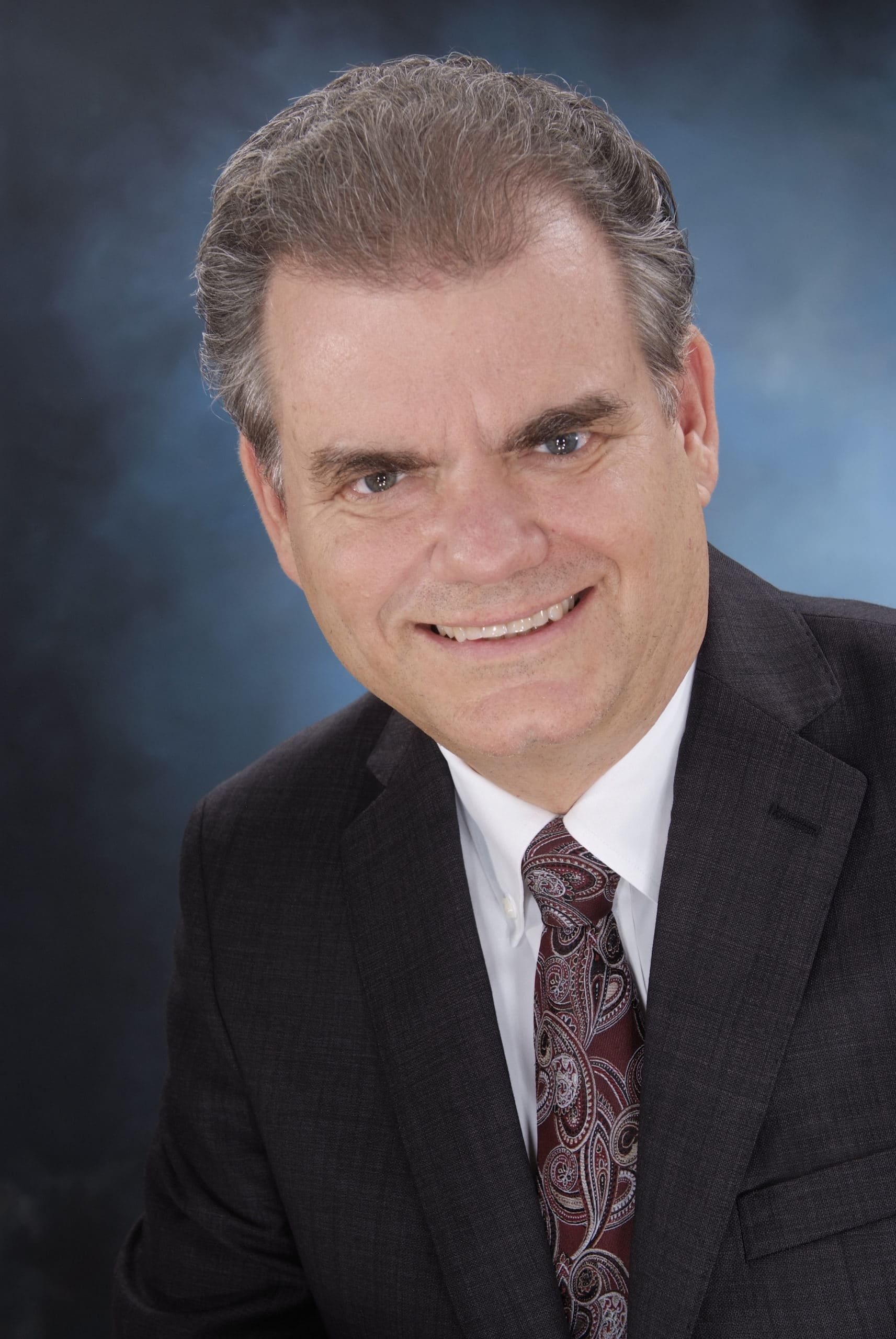Seventh-day Adventist education is built on a firm foundation that incorporates four cornerstones.
- We recognize that all truth is God’s truth. Scripture affirms that “Every good and perfect gift is from above, coming down from the Father” (James 1:17) and that “grace and truth came through Jesus Christ” (John 1:17). Proverbs 2:6 further declares that “the LORD gives wisdom; from his mouth come knowledge and understanding.” This recognition of God as the Source of all truth is a sustaining paradigm in Adventist education. Consequently, an Adventist educator must intentionally seek to connect all knowledge to its Source and students should become cognizant of that relationship.
- We foster whole-person development. Ellen White, describing the facets of true education, points to the harmonious development of the “physical, mental, and spiritual powers”(Education, p. 13), which prepares the student for a life of service, a key component of the social arena. This multi-faceted development is highlighted in that which God provided for His Son, who “grew in wisdom and stature, and in favor with God and man” (Luke 2:52). Accordingly, the student, as product of Adventist education, must experience balanced development along these key dimensions.
- We nurture faith. Ellen White writes, “The students in our schools and all our youth should be given an education that will strengthen them in the faith” (Manuscript 106, 1905). This process of faith integration in each aspect of life and learning is biblical. “Whether you eat or drink or whatever you do, do all to the glory of God” (1 Corinthians 10:31). Given that God’s glory is found in the attributes of His character (Exodus 33:18-19; 34:5-7), our role as educators is to present a clear, attractive picture of who God truly is. Paul further writes, “Whatever you do in word or in deed, do it all in the name of the Lord Jesus” (Colossians 3:17). As we teach our classes and interact with our students, we endeavor to say what He would say and to do what He would do. As we “tell the next generation the praiseworthy deeds of the Lord… then they will put their trust in God” (Psalm 78:3-7).
- We educate for eternity. Sometimes we fall into restricted vision. We focus on helping our students pass the subject or seek to ensure that they can graduate. At times we expand the vision by endeavoring to prepare our students to be successful in the broader context of life—in their profession, in their families, and as responsible citizens. While these have their place, Adventist education maintains that “the true science of education… will fit the youth for eternal life” (Manuscript 1, 1909) and that “the work of education and the work of redemption are one” (Education, p. 13). Scripture highlights this connection: “Most assuredly, I say to you, he who believes in Me has everlasting life” (John 6:47). “But how shall they believe in Him of whom they have not heard? And how can they hear if nobody tells them?” (Romans 10:14). Consequently, the ultimate priority of Adventist education is to prepare our students as candidates of heaven.
Each of these constructs—connecting all truth to its Source, promoting whole-person development, nurturing the faith of our students, and our purpose of educating for eternity—presents special challenges (and opportunities!) for teaching and learning. As we ensure that these cornerstones are solidly placed, the lives of our students rest upon a sure foundation, for time and eternity.


9 comments
The four pillars of Adventist education is so important in a world of conflicting and degrading values.
May we pray sincerely that our institutions have educators that have the conviction and vision of the soon coming savior.
Thank you for a beautiful perspective to the Adventist Education ministry in a growing apostate world.
This is very educative and l need more on this
Very short but highly informative writing. Can you add more so that it will serve as a basis for training our teachers and school administrators?
May God bless your effort.
Glory to God for such revelations. I have benefited much in training the learners, using this material
Very informative, if we can adhere to these 4 cornerstones we could raise God fearing generation
The 4 pillars are really fascinating. Also the three facets of wholesome person (head, hand and heart) are great. Our mission and education are inseparable.
Very important information for Adventist members and teachers .
I highly appriciated this materials.
Every Christian students and teachers must know and apply this cornerstone of SDA education. Really helpful, thank you so much!
a very educative message. thank you